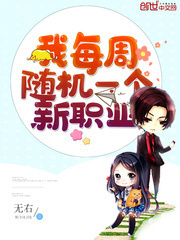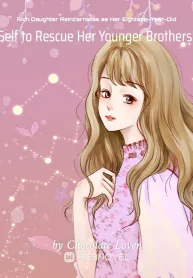Chapter 4318【407】Reflection
The way an ordinary doctor remembers medicine is no different from how an ordinary person remembers anything. This means that how well doctors remember a drug is closely related to the frequency of daily use.
When giving medicine to patients clinically, the first thing doctors consider is the positive nature of the drug and its therapeutic effect.
Physicians do not consider the negative properties of drugs, that is, adverse drug reactions, when giving medication instructions to patients. This is because all drugs inevitably have adverse reactions, which are clearly stated in all drug instructions. Even if they are not discovered for the time being, they dare not write down that they must not be there.
The words of our ancestors are always right, there is no medicine that is not poisonous.
In the eyes of clinicians, the degree of poisoning is determined by the specific case, and it does not vary from person to person.
Some patients may have no problem using this medicine today, but there is no guarantee that the same medicine will be used by this patient in the future without any problem.
A person's human body is always in the process of change. Not only do people who study medicine understand this, but ordinary people who have been sick many times have a profound understanding of it.
In this way, you can never give up eating because of choking, the disease must be cured, and the medicine must be used.
Young doctors who do not have sufficient clinical experience often do not understand this. They memorize the adverse drug reactions written in textbooks and will consider them carefully when giving medicine to patients. They ask the patient's medical history clearly and do not have a history of allergies to drugs in this area. They can do allergy tests. Do an allergy test. If not, there is no evidence to prove that there is any risk to this patient, so you can use this drug on the patient.
This is correct, the big guys have the same thinking pattern.
What are the common mistakes young doctors make?
It is impossible to tell whether the sudden change in the patient's condition is caused by an adverse drug reaction. This is the greatest use of medical textbooks in letting you recite adverse drug reactions.
It is inevitable that young doctors will have to go through the same minefield again where old doctors made mistakes.
Young doctors should make fewer mistakes. As mentioned above, they should develop a calm way of thinking before encountering trouble. It is best to imitate Dr. Fu Xinheng’s robot style.
The teachers also do this when they whip you. Come on, Dr. Xiao Ao, who was gently tapped on the head by Teacher Wen’s finger: Are you calm? Are you calm?
Dr. Ojijia nodded sharply: Teacher Wen, I know I was wrong. I will definitely review the pharmacy textbook when I go back.
Teacher Wen didn’t give the child a chance to feel that he was okay again: No, write me a reflection report for today when you go back.
Dr. Li Qian's head was tilted, as if he was about to collapse, and he did not dare to raise his eyes to look at Teacher Tan's face. This is the first time Dr. Xiao Ao has been arrested, and his classmate Li has been arrested many times.
It feels like Teacher Tan is about to give up on him and give him treatment.
Dr. Tan Kelin turned around and said nothing. He placed the medical record in his hand on the treatment cart and held it still.
It can only be said that big bosses also need time to reflect on the problem.
After all, when everyone came to see this patient, they didn’t expect this to happen, right?
Although the adverse reactions of aminophylline have occurred clinically, this drug is basically safe and is a commonly used drug, and cases of adverse reactions are rare.
Every case of adverse reactions to such drugs requires doctors to carefully consider and carefully explore the root cause.
While the doctor was thinking about it, the nurse, after knowing that the patient had a problem with the medicine, hurriedly replaced the bottle of sugar and salt according to the doctor's order, maintained the infusion channel at a slow rate, and waited for the doctor's further instructions to change the medicine.
Dr. Tang, the doctor on duty in the emergency medicine department who had prescribed medication to this patient, must have been the most frightened person.
Perhaps this patient died due to an adverse drug reaction, and his family members are not allowed to hack him to death?
(End of this chapter)







